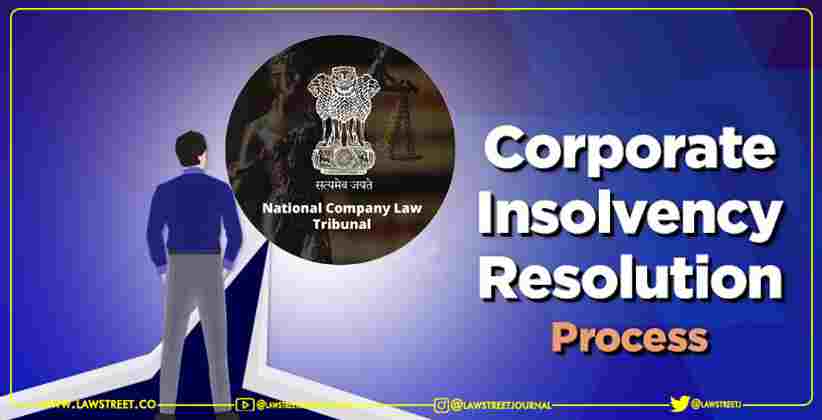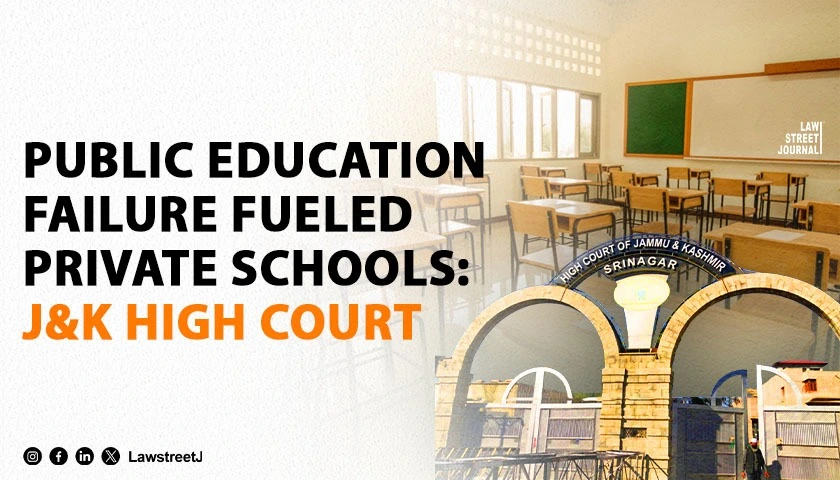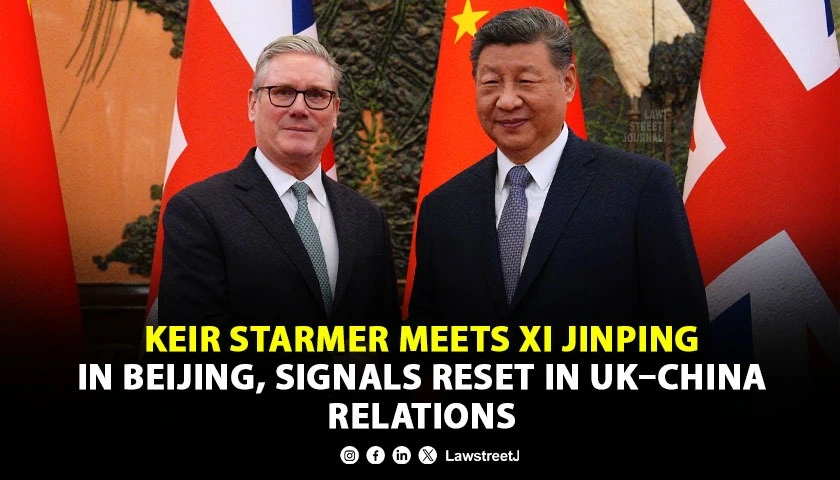Following the public announcement of the start of the Corporate Insolvency Resolution Process, the Interim Resolution Professional is responsible for gathering all information relating to the Corporate Debtor's assets, finances, and operations in order to determine the Corporate Debtor's financial position; receiving and collating all claims submitted by creditors; forming a Committee of Creditors; and performing other duties as outlined in Section 18 of the Code. After being appointed as a Resolution Professional, he is responsible for overseeing the Corporate Insolvency Resolution Process, which includes chairing the Committee of Creditors meeting. Section 24 of the IB code governs meetings of the Committee of Creditors requires Resolution Professionals to provide the Committee of Creditors notice of each meeting.
After the resolution plan has been submitted, it will be scrutinised by the Resolution Professional, who will examine each resolution plan and present it to the Committee of Creditors for approval if the Resolution Professional is satisfied that it meets the requirements set out in Section 30, sub-section (2). Section 30 also states that the Resolution Professional must submit the Resolution Plan to the Adjudicating Authority after it has been authorised by the Committee of Creditors.
Further, when the Resolution Plan has been approved, Section 31(3) specifies that the resolution professional must send all records relating to the conduct of the corporate insolvency resolution process and the resolution plan to the Board to be entered into its database.
The Insolvency and Bankruptcy Board of India (Insolvency Professionals) Regulation, 2016 also requires attention. The First Schedule, under the heading 'Confidentiality," Item No. 21, deals with the 'Code of Conduct for Insolvency Professionals.'
At all times, the confidentiality of the insolvency resolution process, liquidation, or bankruptcy procedure, as the case may be, must be preserved by an insolvency professional. This does not preclude him from revealing information with the consent of the parties concerned or as required by law.
Operational creditors or their representatives are also entitled to notice of meeting under Section 24 of the Code if the total amount of their dues is not less than 10% of the total debt. Copies of all papers will be sent to members of the suspended Board of Directors or partners of corporate persons who are eligible to attend the meeting of the Committee of Creditors.
According to the Tribunal, the Appellant was not entitled to a copy of the Resolution Plan during the CIRP proceedings. The Tribunal cited the Supreme Court's ruling in Vijay Kumar Jain vs. Standard Chartered Bank and Others, (2019) 20 SCC 455. The suspended board members have the right to attend the meeting of the Committee of Creditors.
The National Company Law Tribunal (NCLT) has dismissed the contention of the respondent that the plan, or parties involved in a proceeding, remains confidential after documents have been filed with the adjudicating authority. The Tribunal noted Rule 114 of the NCLT Rules 2016, sub-section (1) which states that the parties or their authorised representatives may be allowed to inspect the proceeding after obtaining permission from Registrar in writing.
Section 31(3) of Insolvency and Bankruptcy Code, 2016 (IBC): Approval of resolution plan
Section 31, sub-section (3) of the IB Code states that after the Resolution Plan is approved, the Resolution Professional must send all records relating to the conduct of the corporate insolvency resolution process and the resolution plan to the Board for inclusion in its database. When read in conjunction with Sections 196 (h) and (k) of the Code, it is clear that the Resolution Professional's sending of records to the Board is not only for proper data research studies, but also for the resolution plan's approval. As a result, the plan is no longer confidential.
Section 61 of Insolvency and Bankruptcy Code, 2016 (IBC): Appeals and Appellate Authority
The NCLT took note of Section 61(3), which allows the right to appeal against the order approving the Resolution Plan. The Honble Bench observed that as per Section 61, sub-section (3) the Resolution Plan does not remain a confidential document after it has been approved, preventing a claimant who is aggrieved by the Plan from reviewing it.








